$1.5bn Pledged for Sudan
Several countries and institutions pledge to donate $1.5bn to support Sudan’s transitional government on Monday in a conference held in Paris aimed at helping the country address its debt and development crisis.
Who pledged?
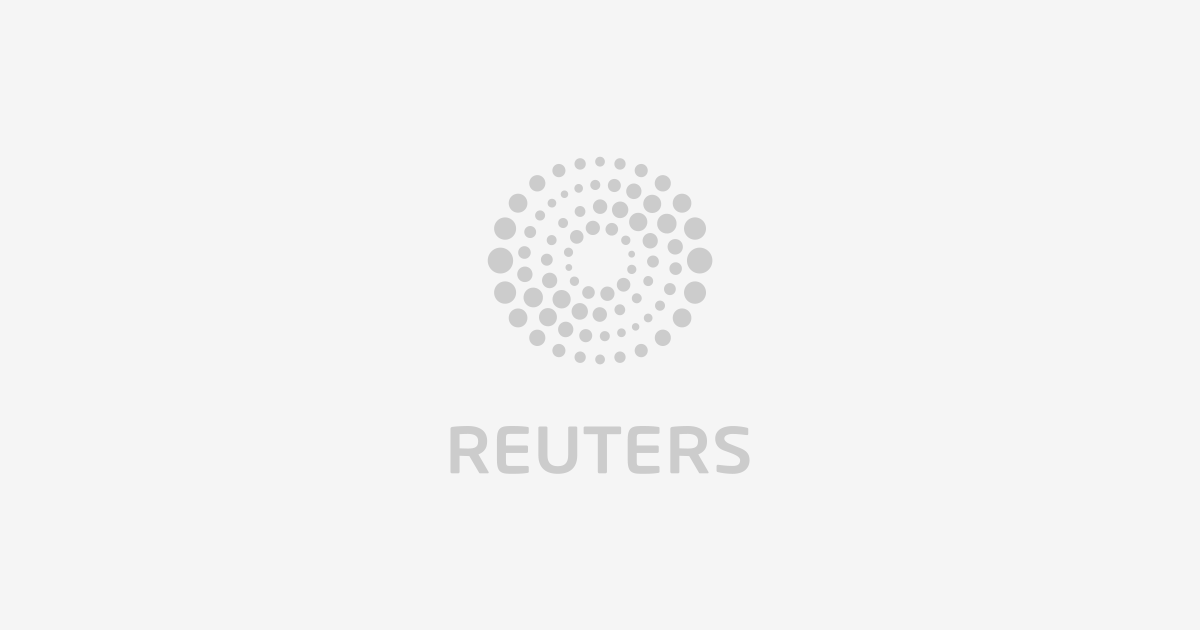
Highest donors
- The United States pledged $356.2m
- France pledged $255m
- The United Arab Emirates pledged $230m
- Germany pledged $206.6m
- The United Kingdom pledged $125.8m
Other donors
- Canada: $69.8m
- Saudi Arabia: $40m
- Italy: $27.7m
- Japan: $25m
- The Netherlands: $18m
- South Korea: $15m
- Norway: $12.4m
- Denmark: $11.8m
- Switzerland: $5.7m
- Austria: $5.7m
- Finland: $5.7m
- Sweden: $4.6m
- Belgium: $4.6m
- Luxembourg: $2.3m
How will it be used?
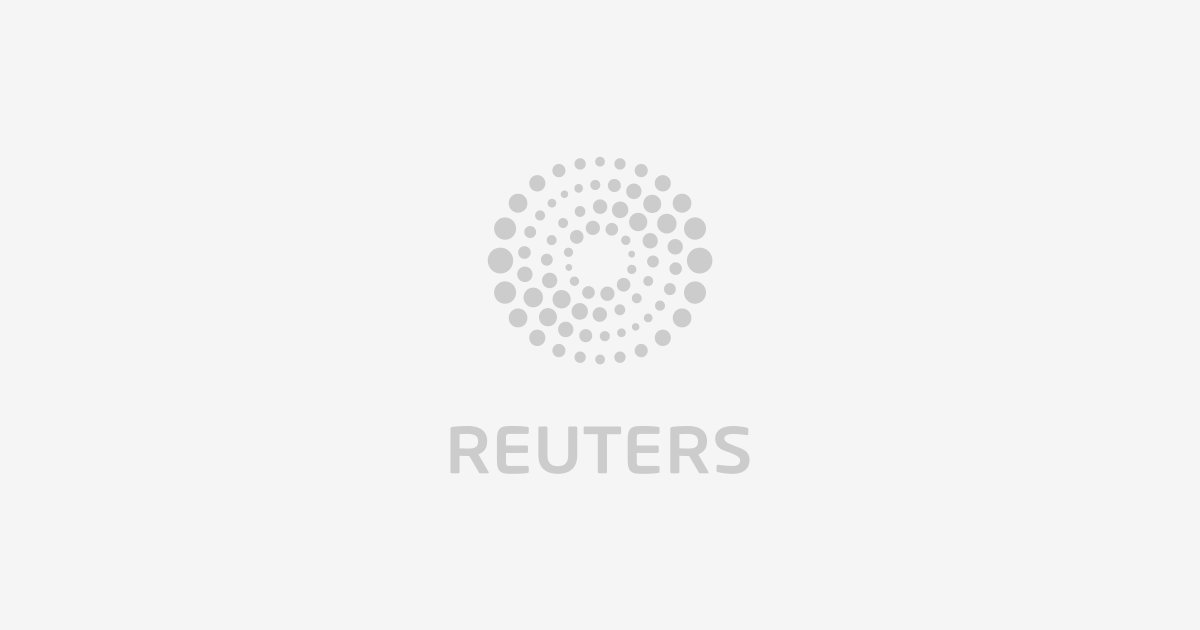
The money will be used to clear Sudan’s arrears with the International Monetary Fund and the World Bank, and to finance its economic reform programme. This money will help alleviate the crisis that has left Sudan struggling to emerge from decades of economic sanctions and mismanagement under former President Omar al-Bashir. It will benefit the people of Sudan in supporting economic growth, reducing poverty, and creating jobs by investing in infrastructure, health, education, and agriculture. And it will also create an opportunity for foreign investors to return to a country with immense potential.
What is the significance of the conference?
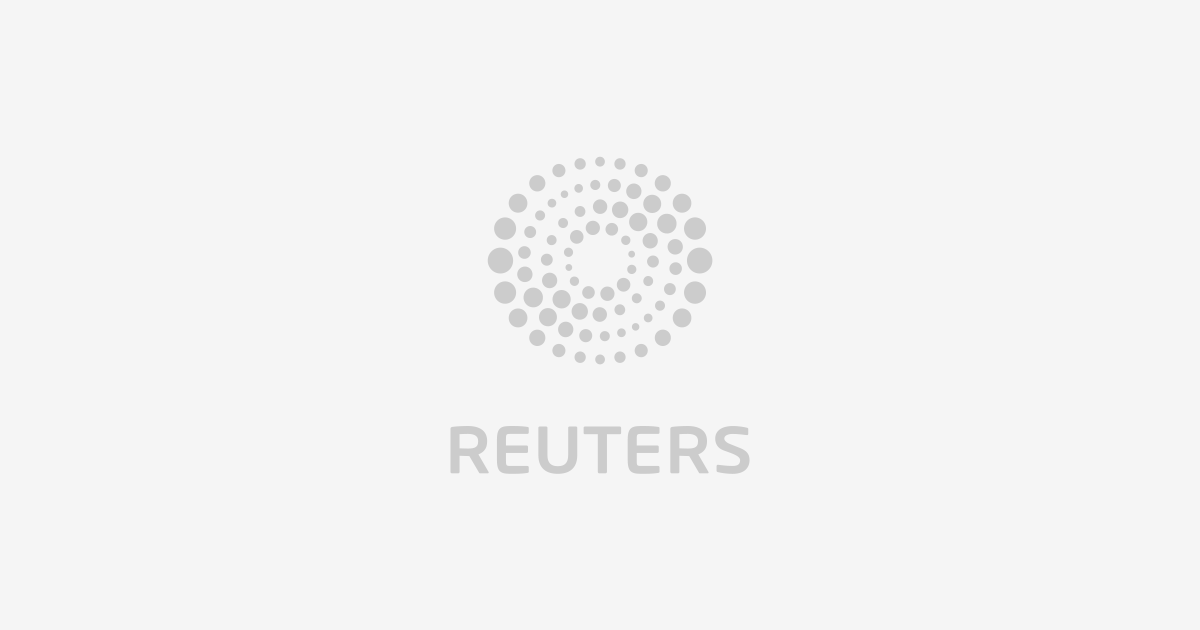
The conference signifies the international community’s support of the transitional government in Sudan, which came into power after al-Bashir’s ousting in 2019. With the economic crisis plaguing the country, the donation represents a glimmer of hope and a step towards stabilizing the country’s economy.
What did leaders say about the donation?
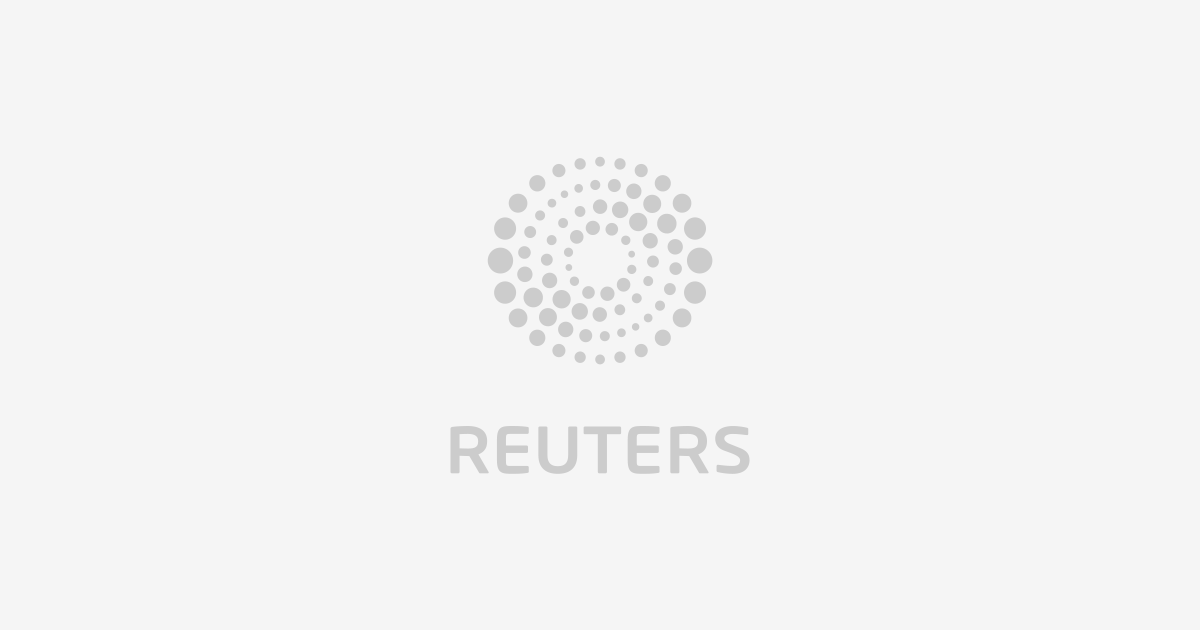
The leaders of the participating countries praised Sudan’s leaders for their efforts to overcome decades of dictatorship and civil wars that have left the country deeply divided. French President Emmanuel Macron said the donation was a “historic commitment” to Sudan’s future, while thanking other countries for supporting the initiative. Sudan’s Prime Minister Abdalla Hamdok hailed the support as a “milestone” for his country and the region, as it will help in stabilizing the Horn of Africa region.
Conclusion
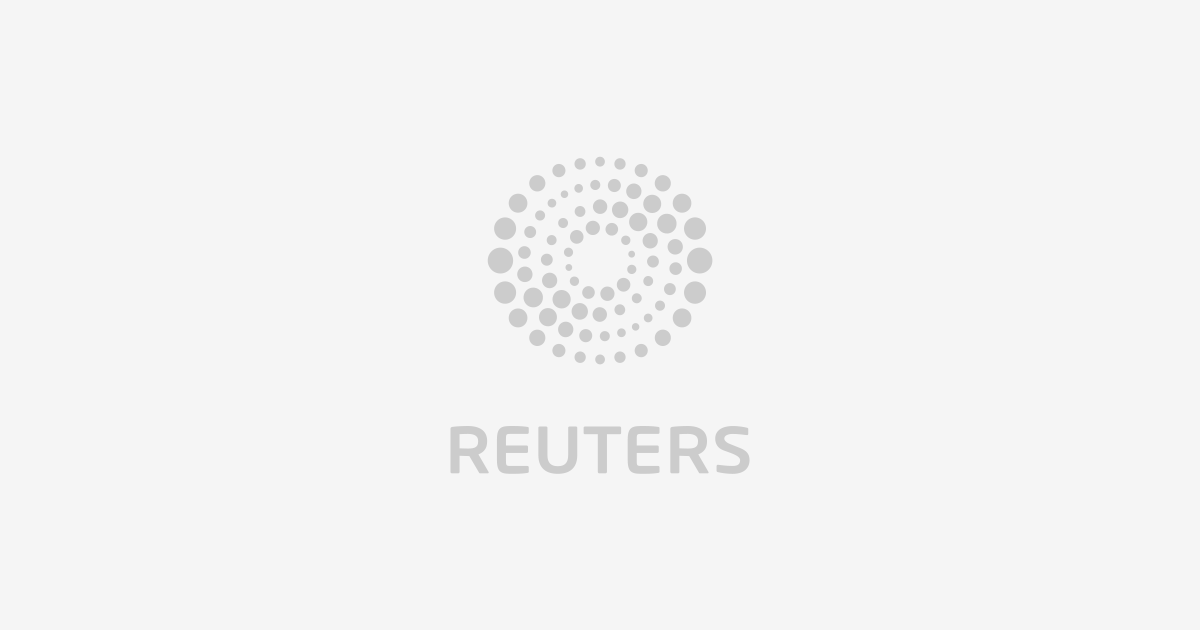
The pledge of $1.5bn represents a turning point for Sudan’s economy and its people. This donation will give the transitional government a chance to turn the country’s fortunes around, and the international community’s show of support will boost the country’s reputation. With this help, Sudan can open up the doors for foreign investment and eventually grow into a prosperous and successful nation.
FAQ
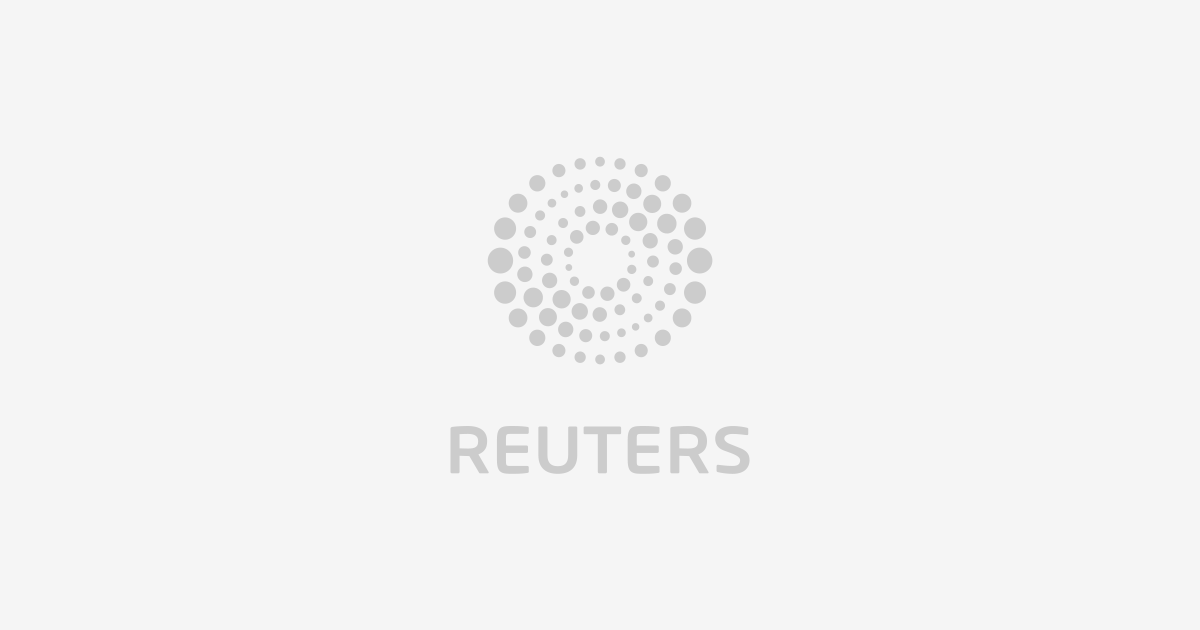
1. What challenges is Sudan facing?
Sudan is facing a debt and development crisis that has left the country struggling to emerge from decades of economic sanctions and mismanagement under former President Omar al-Bashir.
2. What will the donation be used for?
The money will be used to clear Sudan’s arrears with the International Monetary Fund and the World Bank, and to finance its economic reform programme. This money will also benefit the people of Sudan in supporting economic growth, reducing poverty, and creating jobs by investing in infrastructure, health, education, and agriculture.
3. How will the donation help Sudan?
The donation will help alleviate the crisis that has left Sudan struggling to emerge from decades of economic sanctions and mismanagement under former President Omar al-Bashir. It will boost the country’s reputation, create an opportunity for foreign investors to return, and eventually grow into a prosperous and successful nation.
4. How significant is the donation?
The donation signifies the international community’s support of the transitional government in Sudan, which came into power after al-Bashir’s ousting in 2019. The pledge of $1.5bn represents a turning point for Sudan’s economy and its people.
5. Who are the highest donors?
The United States pledged $356.2m, followed by France at $255m, UAE at $230m, Germany at $206.6m, followed by the United Kingdom at $125.8m.

